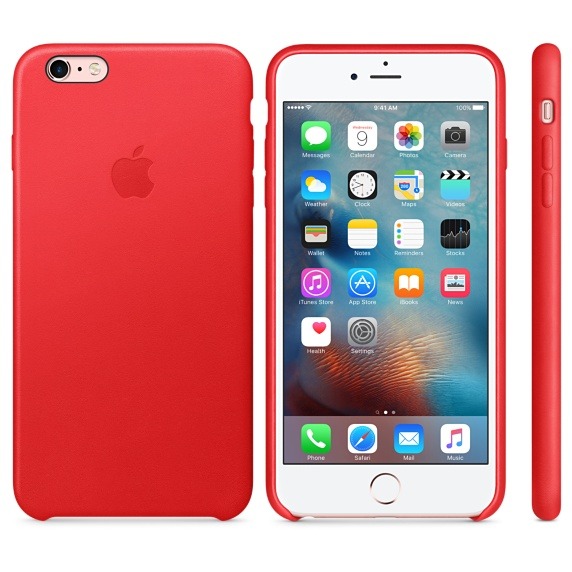Apple secured 40 percent of the U.S. smartphone market in 2015, though close competitor Samsung managed to gain ground, according to a research report published on Wednesday.
Samsung achieved a 31 percent share, Parks Associates noted. That further cemented the company's position as the second-most popular phone vendor in the U.S., easily surpassing third-place LG, which managed just 10 percent. Motorola and HTC ranked fourth and fifth, respectively.
Parks' data also suggested that a third of iPhone owners are still using a model over two years old, slightly higher than the 30 percent of Samsung owners. 45 percent of all American broadband households are said to wait two years to upgrade a smartphone.
Apple's home country has always been the most important iPhone market. Countries like China and Japan have also become stalwarts however, and indeed China is eventually expected to eclipse the U.S. in terms of Apple revenues.
Apple's position may have benefited from Samsung stumbling early in the year. The Samsung Galaxy S6 did not sell as well as initially expected, owing partly to the company overproducing too many standard S6 models and not enough Edge variants. It eventually managed to correct the issue, and revived some interest later in the year by releasing the Galaxy Note 5 and S6 Edge+.
 Roger Fingas
Roger Fingas








 Wesley Hilliard
Wesley Hilliard
 Stephen Silver
Stephen Silver
 William Gallagher
William Gallagher
 Charles Martin
Charles Martin
 Marko Zivkovic
Marko Zivkovic
 Andrew Orr
Andrew Orr
 Amber Neely
Amber Neely









22 Comments
Number of units is perhaps interesting, but ultimately meaningless. The real number that matters is how much of the profit in cellphones is held by iPhone.
Samsung must have gained ground because of all those Android users jumping ship to iPhone 6s.
We've always been an iPhone household but this year both of my sons jumped ship to Android phones. They both bought themselves the One Plus X even though I had given them an iPhone 5S an iPhone 5 as hand me downs. I love how all my stuff connects across all my Apple devices, iPad, MacBook Pro and iPhone. They own a Windows PC, Chromebook and now an Adroid phones.
We tried so hard to raise them right.